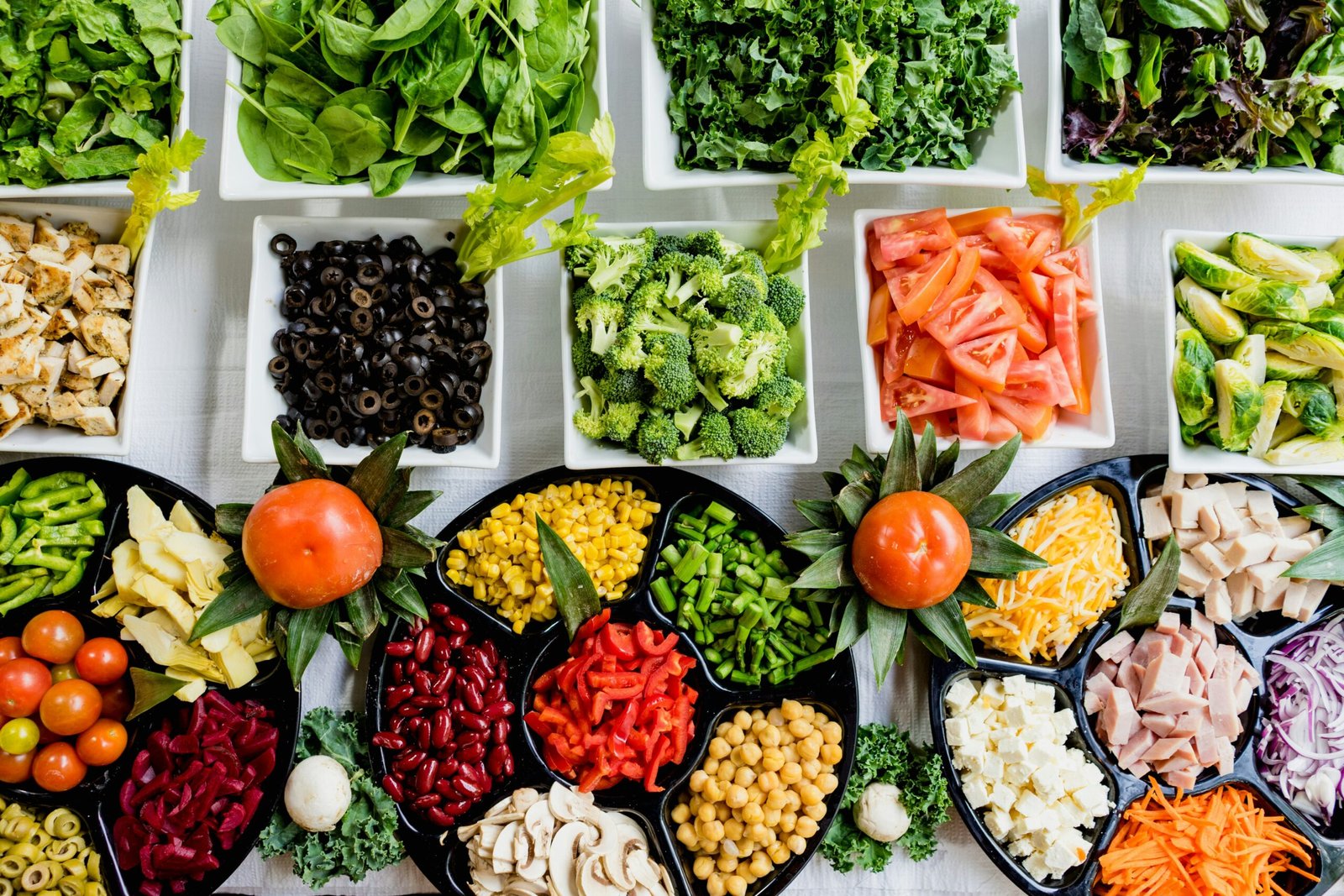The Importance of Balancing Carbohydrates, Proteins, and Fats
For Americans looking to control their carb intake, understanding how to consume “good” carbohydrates in combination with proteins and fats can be a challenging task. With so much conflicting information available, it’s easy to become confused about what constitutes a healthy and balanced diet.
Carbohydrates, proteins, and fats are the three main macronutrients that our bodies require for optimal functioning. Each of these macronutrients plays a vital role in our overall health and well-being, and finding the right balance is key to maintaining a healthy lifestyle.
Understanding Carbohydrates
Carbohydrates are the body’s primary source of energy. They are found in a wide range of foods, including fruits, vegetables, grains, and legumes. Carbohydrates can be divided into two categories: simple and complex.
Simple carbohydrates are made up of one or two sugar molecules and are quickly digested by the body. Examples of foods high in simple carbohydrates include table sugar, honey, soda, and candy. While these foods can provide a quick burst of energy, they are often devoid of other essential nutrients and can cause blood sugar spikes and crashes.
Complex carbohydrates, on the other hand, are made up of long chains of sugar molecules and take longer for the body to break down. Foods high in complex carbohydrates include whole grains, vegetables, and legumes. These foods provide a steady release of energy and are rich in fiber, vitamins, and minerals.
The Role of Proteins
Proteins are the building blocks of our bodies. They are essential for the growth, repair, and maintenance of tissues, as well as the production of enzymes, hormones, and antibodies. Good sources of protein include meat, poultry, fish, eggs, dairy products, legumes, and nuts.
When it comes to controlling carbs, protein plays a crucial role. Including protein in your meals and snacks can help slow down the digestion of carbohydrates, preventing blood sugar spikes and promoting a feeling of fullness. This can be particularly beneficial for individuals with diabetes or those looking to manage their weight.
The Importance of “Good” Fats
Fats often get a bad rap, but they are an essential part of a healthy diet. They provide energy, help absorb fat-soluble vitamins, and play a role in hormone production. However, not all fats are created equal.
“Good” fats, such as monounsaturated and polyunsaturated fats, are beneficial for heart health and can be found in foods like avocados, nuts, seeds, and fatty fish like salmon. These fats should be included in moderation as part of a balanced diet.
Saturated and trans fats, on the other hand, should be limited as they can increase the risk of heart disease. These fats are commonly found in processed foods, fried foods, and high-fat dairy products.
Tips for Balancing Carbohydrates, Proteins, and Fats
Now that we understand the importance of balancing carbohydrates, proteins, and fats, here are some tips to help you achieve a healthy and balanced diet:
- Include a variety of fruits and vegetables in your meals to ensure a good intake of complex carbohydrates, vitamins, and minerals.
- Choose whole grains over refined grains, as they are higher in fiber and other nutrients.
- Incorporate lean sources of protein, such as skinless poultry, fish, and legumes, into your meals.
- Include “good” fats, such as avocados, nuts, and seeds, in moderation.
- Avoid or limit foods high in added sugars, saturated fats, and trans fats.
- Listen to your body’s hunger and fullness cues, and eat mindfully.
- Consult with a registered dietitian or healthcare professional for personalized guidance.
Remember, achieving a balanced diet is not about completely eliminating any particular macronutrient but rather finding the right balance that works for your individual needs and goals. By making informed choices and being mindful of your carbohydrate, protein, and fat intake, you can maintain a healthy and sustainable approach to nutrition.







